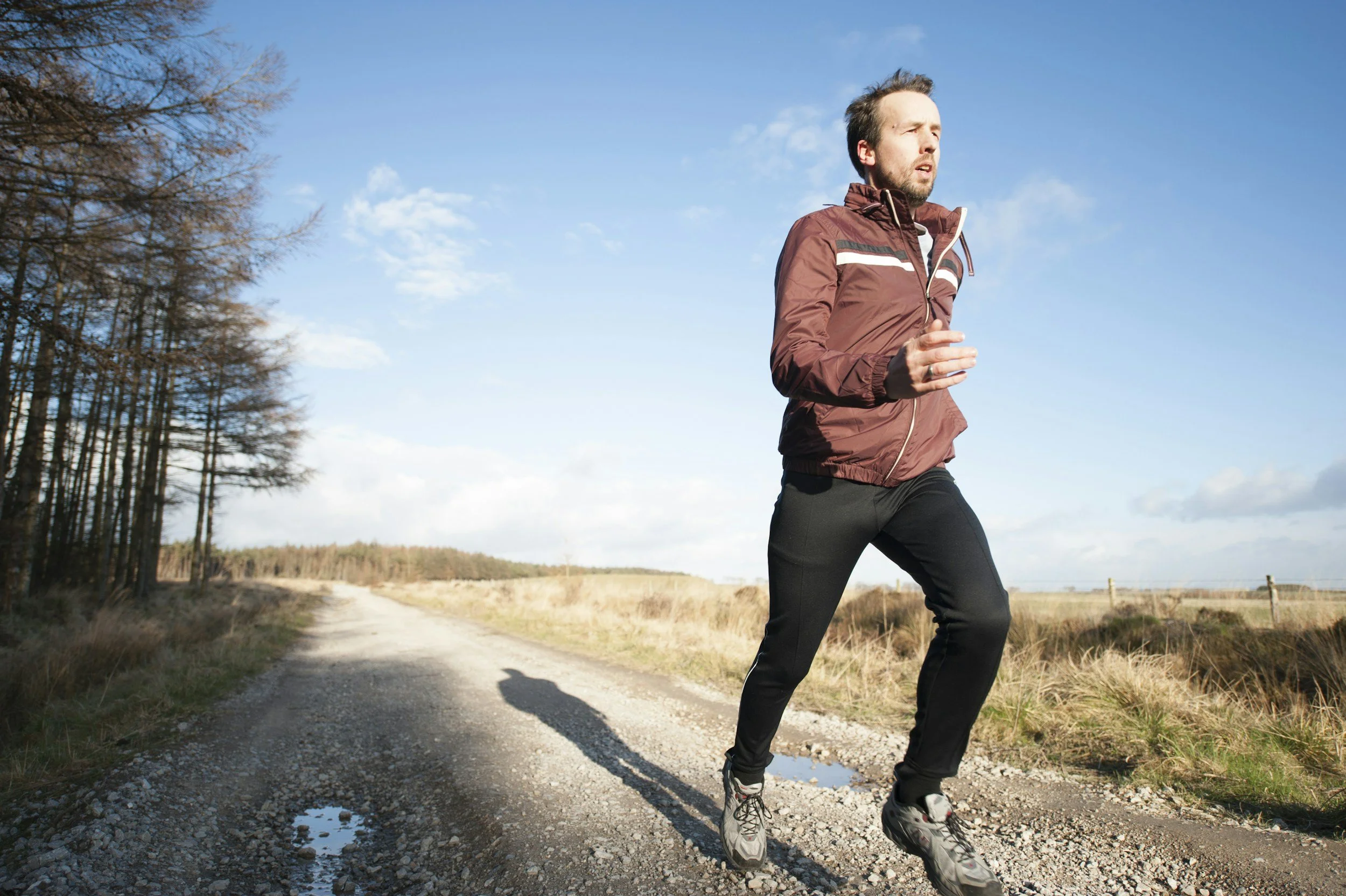The Power of Physical Activity: How Being Active Benefits Mental Health
In today’s fast-paced world, mental health is something many of us are increasingly aware of and concerned about. Stress, anxiety, depression, and other mental health struggles affect millions of people, but what if there was something simple, natural, and effective that could help us cope with these challenges? Enter physical activity. Whether it's a brisk walk, a game of soccer, a yoga session, or a rigorous workout, being active can have a profound impact on our mental well-being.
Here’s a closer look at how physical activity positively influences mental health:
1. Reduces Stress and Anxiety
One of the most immediate benefits of exercise is its ability to reduce stress. When we engage in physical activity, our bodies release endorphins—natural chemicals that promote feelings of happiness and relaxation. These endorphins not only help to lift our mood but also counteract the stress hormone cortisol. By lowering cortisol levels, exercise can help to calm the body and reduce the physical symptoms of stress, such as a racing heart and tense muscles.
Additionally, physical activity can distract the mind from worries and negative thoughts. Focusing on the task at hand—whether that’s running, cycling, or even stretching—helps to shift attention away from what’s stressing us out.
2. Boosts Mood and Fights Depression
Exercise is often referred to as a natural antidepressant. Engaging in physical activity can boost levels of serotonin in the brain, which plays a key role in regulating mood. Higher serotonin levels are linked to improved mood, greater feelings of well-being, and lessened symptoms of depression.
In fact, research has shown that exercise can be as effective as antidepressant medication for some people, particularly when combined with therapy. It’s also a great way to maintain mental health on a long-term basis. Consistent activity has been shown to reduce the frequency and severity of depressive episodes, making it an essential tool in managing mental health.
3. Improves Sleep Quality
Quality sleep is essential for good mental health, and physical activity can play a key role in ensuring you get the rest you need. Regular exercise can help to regulate your sleep cycle, making it easier to fall asleep and stay asleep.
Exercise also increases the duration of deep sleep, which is the most restorative phase of sleep. This means you'll wake up feeling more refreshed and ready to take on the day. Proper rest is essential for brain function, emotional regulation, and cognitive performance—all of which are impacted when mental health is at risk.
4. Boosts Self-Esteem and Confidence
When we engage in physical activity, we often notice improvements in strength, endurance, and overall health. These physical improvements can lead to greater self-esteem and a more positive body image. The sense of accomplishment that comes from achieving a fitness goal or pushing through a workout can also provide a confidence boost.
When you feel good about yourself physically, it can have a ripple effect on your mental health, helping you to feel more empowered, capable, and ready to face challenges in other areas of your life.
5. Social Connection and Support
Exercise doesn’t have to be a solitary activity. In fact, social connections can be a powerful way to enhance the mental health benefits of physical activity. Participating in group sports, joining a fitness class, or simply working out with a friend can create a sense of camaraderie and support.
Being part of a fitness community not only helps to combat feelings of isolation but can also provide encouragement and motivation during tough times. Building relationships through shared physical activities can reduce loneliness and create a support system that is vital for mental well-being.
6. Increases Energy and Reduces Fatigue
While it might seem counterintuitive, physical activity actually boosts energy levels rather than depleting them. Regular exercise helps improve circulation, oxygenates the body, and enhances overall vitality. Over time, this translates into more energy throughout the day, which can help combat fatigue and mental exhaustion.
When you’re feeling energized, you’re better able to handle stress, stay focused, and engage with others in a positive way, all of which contribute to better mental health.
7. Provides a Healthy Outlet for Emotions
Sometimes, the best way to deal with strong emotions like anger, frustration, or sadness is through physical activity. Exercise provides a healthy and productive outlet for these feelings, allowing us to process emotions in a positive way.
Running, boxing, swimming, or even dancing can help release pent-up energy and provide a sense of relief. By letting off steam through exercise, we can avoid negative coping mechanisms, such as turning to alcohol or unhealthy food choices, and instead focus on taking care of our bodies and minds.
8. Promotes Mindfulness and Presence
Many forms of exercise, such as yoga, walking, and swimming, encourage mindfulness—being present in the moment and focusing on the breath and body. This can help calm the mind, reduce racing thoughts, and improve overall mental clarity.
Being in the present moment has been shown to reduce anxiety and improve emotional regulation. When you focus on the task at hand, you free yourself from worries about the past or future, which can bring a sense of peace and mental clarity.
Physical activity is one of the simplest and most effective ways to improve mental health. Whether it’s reducing stress, boosting mood, improving sleep, or building social connections, the mental health benefits of exercise are undeniable. And the best part? You don’t have to be an elite athlete to reap the rewards—just moving your body in ways that feel good can have a significant impact.
So, if you’re struggling with mental health challenges, remember that being active can be a powerful tool in your recovery. Take that first step, no matter how small, and allow yourself to experience the mental and emotional benefits of physical activity. Your mind and body will thank you.




